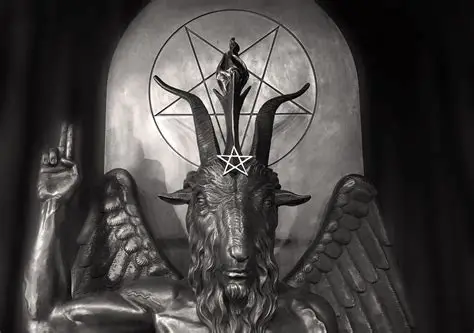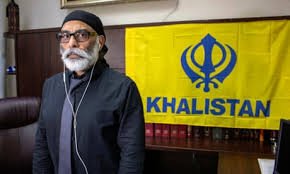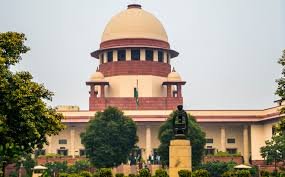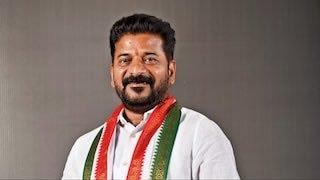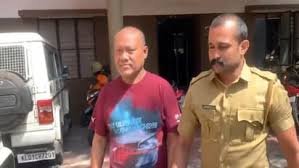Lawmakers debate measures to curb cult influence while balancing religious freedom, amid reports of young Nagas being lured with cash and incentives.
BY PC Bureau
September 1, 2025 : The Nagaland Legislative Assembly will hold a special session on September 2 to discuss rising concerns over alleged “Devil worship” among the state’s youth, a matter that has drawn widespread attention in the Christian-majority state.
The session was convened following a motion by Naga People’s Front (NPF) MLA Küzholuzo Nienü, who cited reports of young Nagas being lured into cult-like activities with incentives such as cash or vehicles. The MLA warned that such practices posed a threat to Nagaland’s Christian values and its motto, “Nagaland for Christ.”
According to Assembly rules, Nienü’s notice on urgent public importance was admitted by Speaker Sharingain Longkümer. The debate is scheduled to take place after Question Hour on Tuesday, September 2. In his letter, Nienü called for a resolution to prohibit and prevent satanic or Devil worship, highlighting the need to protect the state’s religious and cultural identity.
Nienü alleged that participants in these rituals exhibited “strange behavior” afterward and clarified that the issue was distinct from recognized religions like Hinduism, Buddhism, or Jainism, framing it as a threat from cults specifically targeting vulnerable youth.
READ: TV Journalist Shot in Manipur Had Received Life Threats
While concrete evidence of widespread satanic practices in Nagaland is limited, similar concerns have been reported in Mizoram, where authorities identified roughly 90 cults allegedly engaging in night-time church altar sacrifices, grave-digging, séances, and polygamy. Experts caution that some claims may be exaggerated or misinterpreted, often encompassing subcultures such as gothic or heavy metal communities.
The Assembly debate will likely consider measures such as public awareness campaigns, stricter monitoring of suspected cult activities, or legislative proposals, though lawmakers must navigate constitutional protections for religious freedom under Article 25.
Community reactions have been mixed. While church leaders and conservative groups support urgent action, sociologists and civil society organizations urge a balanced approach, emphasizing youth engagement, education, and social support rather than purely punitive measures.
READ: In Kuki-Zo Line of fire, Manipur MP Bimol Akoijam Rejects “Communal” Tag
The September 2 session will test Nagaland’s ability to balance faith, freedom, and youth welfare, with outcomes potentially shaping the state’s cultural and religious policies for years to come.



